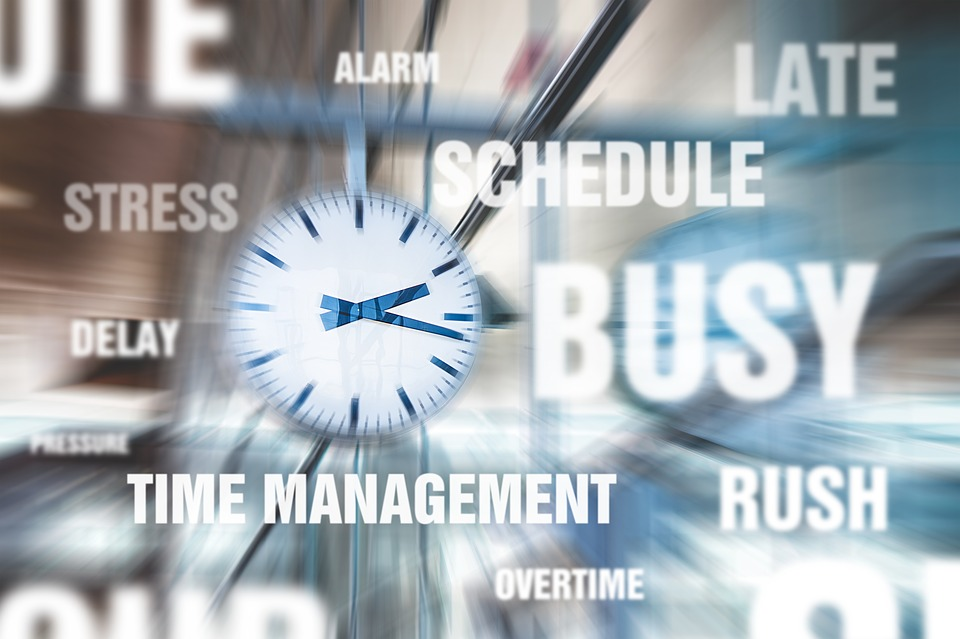Being an accountant means that work often comes in ebbs and flows. The tide moves in every quarter, and there is always tax season. It’s stressful; that’s just part of the business, right? Maybe. Yes, stress is expected, but burnout is entirely different.
[From the Thomson Reuters blog. Republished with permission.]
What is burnout?
The fight against burnout starts with managing stress. Sure, stress can be beneficial — your ancestors were certainly grateful for that “fight or flight” response — but burnout is not. It leaves you feeling emotionally and physically spent, even on days that weren’t that bad. And the problem is pervasive. A recent survey revealed that 82% of tax professionals identify as feeling burned out. It’s a significant issue for tax professionals and accountants.
How does burnout affect tax professionals?
People experiencing burnout may find it hard to get their days started and even harder to keep going. Productivity tends to go down as their focus wanes. Eventually, that lack of concentration turns into minor mistakes and omissions.
For some professions, the impact is minimal. If someone in marketing has a typo, it may be embarrassing, but it rarely costs the company more than some pride. Being an accountant is different. Numbers are less flexible, and even a seemingly small error can have serious consequences.
3 steps to avoid burnout during tax season
There is only one defense. Whether you are a remote worker or managing a full accounting firm, stop the burnout before it starts.
1. Set boundaries
There is no shortage of guidance on how to avoid burnout. Most will tell you to set boundaries, and that is good advice. People, in general, have a hard time saying no or taking breaks when the work is piling up (like in the first two weeks of April). If you are guilty of those behaviors or notice those tendencies in your coworkers, begin combatting burnout by establishing some boundaries.
2. Dig deeper
The problem is that boundaries are only a tiny piece of the problem. Many people experience burnout because of systemic issues, meaning that the structure of their workplaces (maybe even lives) is inherently flawed. For instance, what if someone doesn’t have enough support for their workload? In cases like that, it doesn’t matter how many boundaries they set; they won’t escape burnout until someone addresses the bigger issue. Take the time to set up a company culture that helps your people do their best work and do fewer tasks that they could easily hand off.
3. Delegate and automate
Most people do more than they need to. They spend a fair chunk of time doing tasks that could be delegated or automated somehow, and then they wonder why they don’t have enough hours in the day. You can avoid burnout and take control of your life by focusing on the activities that mean the most to you (professionally or otherwise) and outsourcing the rest. Let the junior accountant fill out the paperwork, schedule focus time automatically, hire someone to run your errands, and use accounting software and solutions to automate time-consuming, manual tasks. All those minutes add up.
Avoiding burnout as a tax and accounting professional
Tax season is always a stressful time, but you can keep the impact to a minimum and avoid the negative consequences of burnout by taking a proactive approach. Whether you are managing your own time or that of an entire office, take the time to set boundaries and examine if there is a bigger issue than time management. Once you see which tasks are most meaningful, keep the focus there and hand off the rest. You may be surprised how much less stressful your day is when you can focus on the most meaningful tasks.
—–
This article first appeared on the Thomson Reuters blog. Republished with permission.)
Thanks for reading CPA Practice Advisor!
Subscribe Already registered? Log In
Need more information? Read the FAQs




